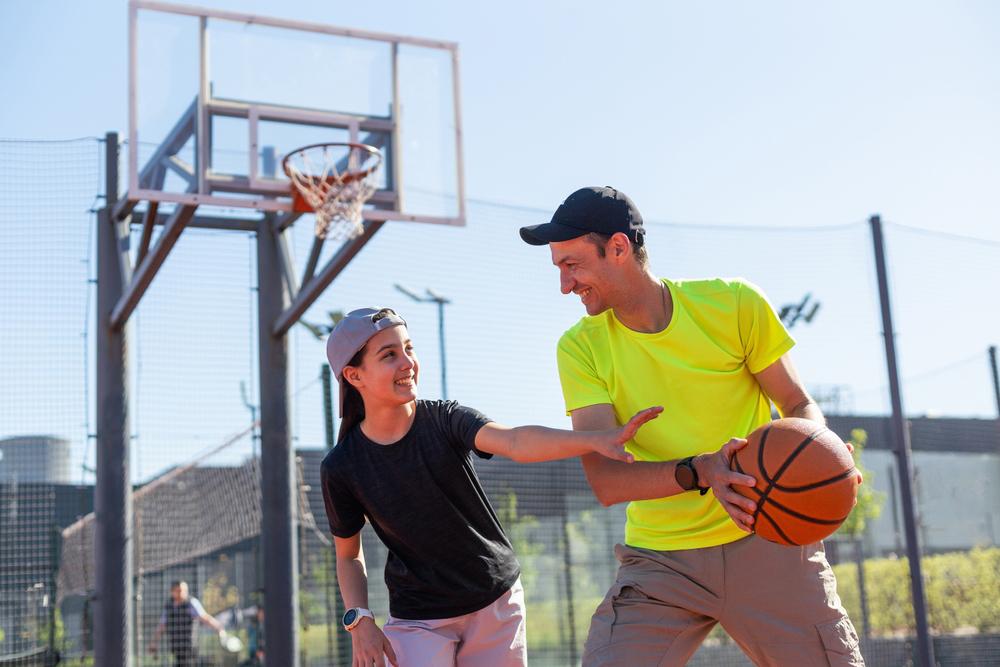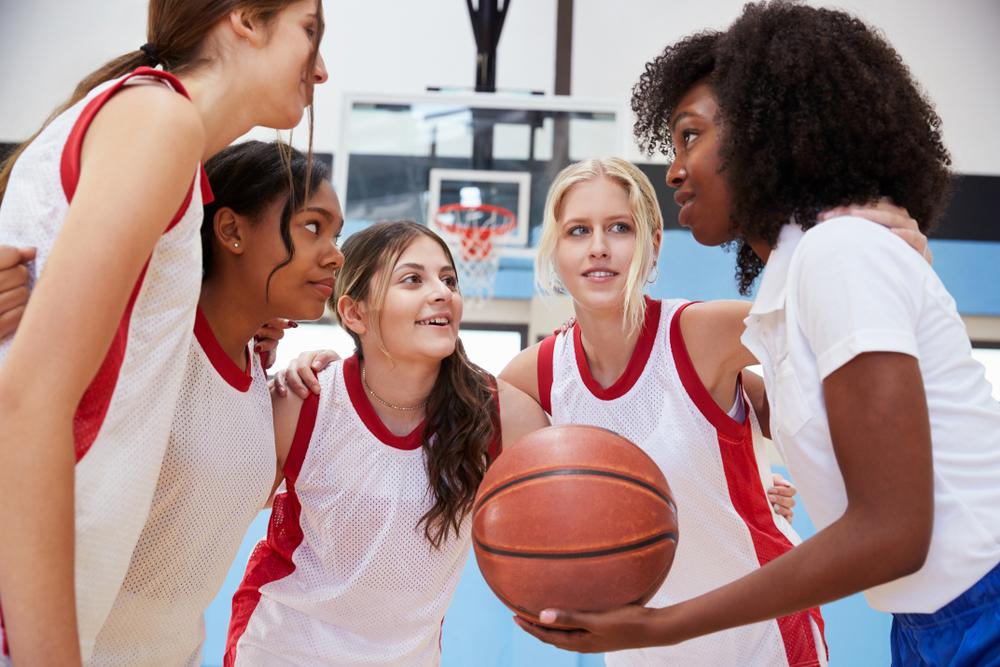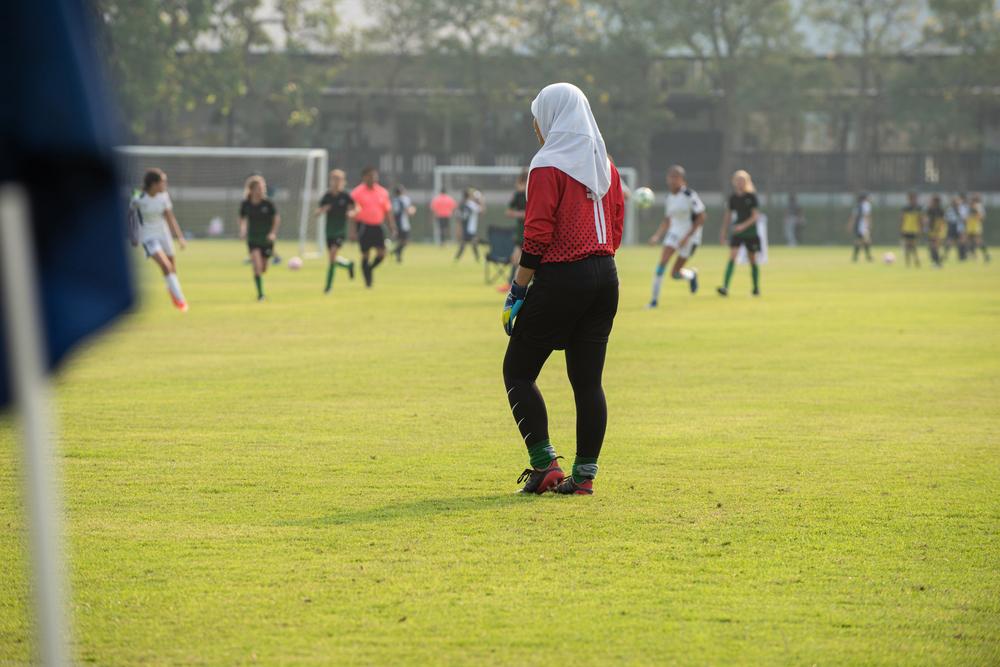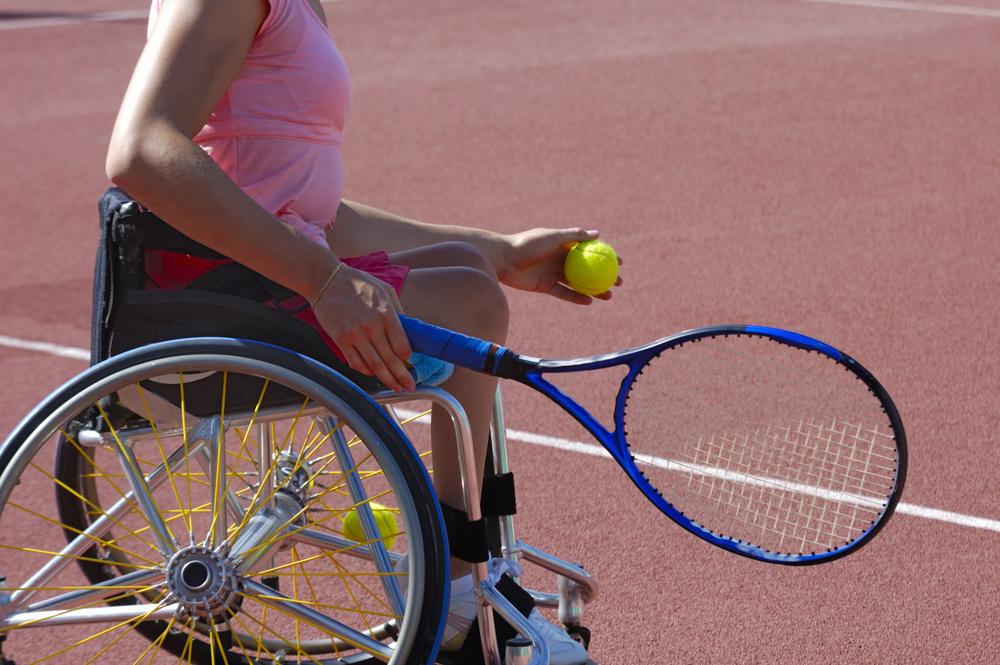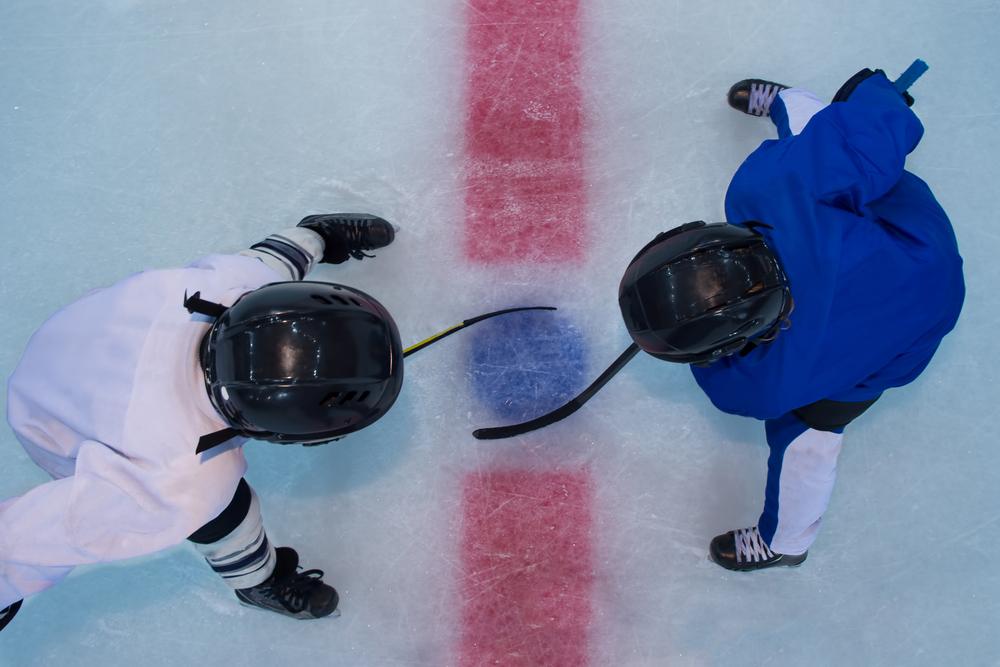 Athletes with an excuse mentality fear negative outcomes and make excuses to avoid responsibility. According to Patrick Cohn, PhD, sports psychologist and founder of Peak Performance Sports, an excuse mentality results from allowing circumstances to dictate your actions instead of taking control of them.
Athletes with an excuse mentality fear negative outcomes and make excuses to avoid responsibility. According to Patrick Cohn, PhD, sports psychologist and founder of Peak Performance Sports, an excuse mentality results from allowing circumstances to dictate your actions instead of taking control of them.
The effects of an athlete with an excuse mentality can ripple throughout a team and disrupt the dynamics between teammates. Keeping the team accountable to one another is key in teaching athletes how to take responsibility and avoid the trap of making excuses.
Here are four practical tips for combating the excuse mentality on your team:
Focus on Strengths
To encourage athletes to take responsibility, Dr. Cohn recommends focusing on their strengths.
“Focusing on strengths will help you see what you can do, right now, to turn things around instead of getting stuck on what has already happened,” he says.
For example, when a basketball player is struggling to make baskets, help them focus on making great passes instead of making excuses about it being tough to score.
Reduce Anxiety Around Mistakes
Mistakes are part of playing sports, but an athlete’s response to mistakes has a big effect on long-term success.
If coaches and parents create an environment that punishes or humiliates athletes for making mistakes, athletes experience anxiety and begin to avoid negative responses to their actions. Their anxiety leads to them to deny responsibility for mistakes they make and blame someone or something else instead.
In a supportive environment, mistakes are viewed as necessary steps toward improved performance. This gives athletes the confidence to test their abilities, take chances, and push their limits.
To reduce anxiety, Frank Smoll, PhD, a sport psychologist at the University of Washington, recommends correcting mistakes with a “sandwich approach.” Start by praising something the athlete did well and finish with a positive statement. In the middle, provide instructions on how to correct the mistake.
For example, coaches can say, “You showed great hustle. Keep your hands up on defense to make yourself bigger so it’s harder for the offensive player to pass the ball. You’ll have it down in no time with a little more practice.”
Stop Your Own Finger-Pointing
“Finger pointing is a big problem in team sports, when athletes blame others for the team’s failure,” says Dr. Cohn.
Not only should coaches and parents call out and redirect instances of finger pointing among teammates, but they also need to look at their own behaviors.
Adults who sidestep responsibilities at work or at home, or who blame “the other side” for problems, encourage similar behavior from kids and teenagers.
Set a good example for your young athletes and take responsibility for your actions and keep yourself accountable to those around you.
Give Kids Meaningful Responsibilities
Give young athletes real responsibilities. When kids have no control over what’s happening, they have little ownership over the results. When they have a voice in decisions and control over the process, they can see the value of taking responsibility for the results.
It is important for the task to be something an athlete can accomplish through his or her own effort. For example, have a player prone to making excuses lead warm-ups and drills.
“Athletes who make excuses prior to competition have ready-made reasons to fail before they start,” concludes Cohn.
Teaching young athletes to avoid the trap of making excuses in sport also provides a good foundation for taking responsibility in other areas of life.
